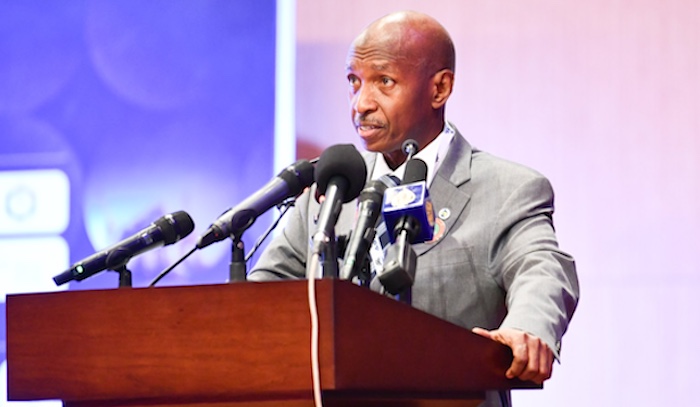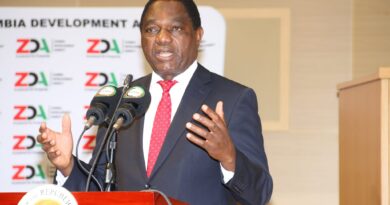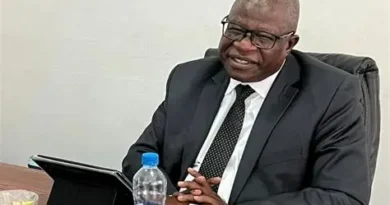95% of Africa’s $89B Gas Projects Delayed, Urgent Call for Infrastructure Investment – APPO Chief
The African Petroleum Producers’ Organisation (APPO) has issued a stark warning on the continent’s energy future, revealing that over 95% of the $89 billion capital needed for gas development remains locked in projects with unclear timelines. Only $4 billion worth of initiatives are currently in progress, according to APPO Secretary General, Omar Farouk.
Speaking at the Africa Gas Innovation Summit (AGIS) 2025 in Abuja, organised by the Society of Petroleum Engineers (SPE), Nigeria Council, Farouk described the situation as a “severe bottleneck” and a wake-up call for African nations to prioritise infrastructure investment in order to unlock the continent’s vast gas potential.
“Africa is home to 600 trillion cubic feet of proven gas reserves, yet we have just 30,000 kilometres of gas pipelines—less than one-seventh the length in Europe,” Farouk said, adding that the continent continues to export 45% of its gas and 75% of its crude oil while millions lack access to modern energy. “We must stop exporting our energy dreams and start building them here,” he stressed.
Highlighting the disparity in infrastructure, he noted that Nigeria—despite a population of 230 million—has only 12,000 kilometres of oil and gas pipelines, compared to France’s 45,000 kilometres with a much smaller population and land mass. “In France, each kilometre of pipeline serves 1,511 people. In Nigeria, it’s 19,166. The territorial gap is even wider,” he added.
Farouk also unveiled APPO’s strategic moves, including the establishment of the Africa Energy Bank (AEB) in Abuja, in collaboration with AfreximBank, and a new continent-wide initiative for research and training among member states to boost local capacity and innovation.
Representing Nigeria’s Minister of State for Petroleum Resources (Gas), Technical Adviser Abel Igeghe reiterated government efforts to attract investment, enhance domestic gas use, and streamline regulatory processes. He highlighted the ‘Decade of Gas’ initiative under President Bola Tinubu’s Renewed Hope Agenda, which aims to turn natural gas into a key driver of economic growth.
“We’re not just focusing on exports,” Igeghe said. “We’re investing in power, transport, LPG expansion, and industrial development, because gas is a catalyst for national prosperity.”
Philip Mshelbila, Managing Director of Nigeria LNG, also weighed in—via General Manager Technical Joseph Alagua—stressing that infrastructure is the biggest hurdle. Despite having six operational LNG trains and a seventh under construction, he warned that without pipelines, metering systems, and storage, gas will remain “stranded.”
SPE Nigeria Council Chairperson, Amina Danmadami, called the summit “a call to action,” urging stakeholders—from policymakers to young innovators—to challenge outdated systems and co-create a more sustainable, resilient African gas economy under the summit theme, “Building a Resilient African Gas Economy through Innovation and Collaboration.”



